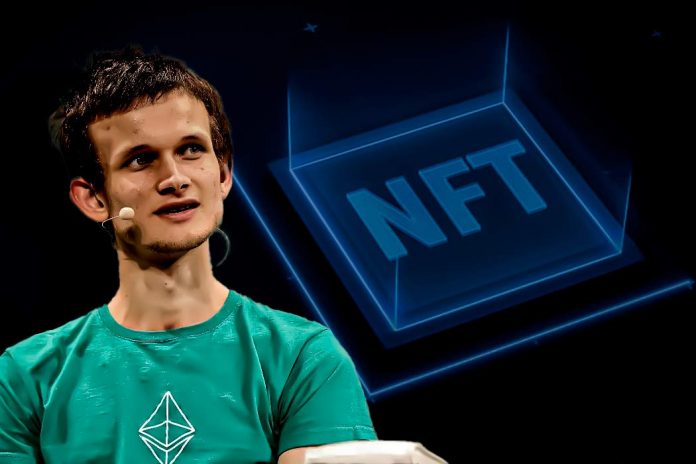On May 11, SSRN issued a research paper titled “Decentralised Society: Finding Web3’s Soul”. In the paper, Vitalik Buterin suggested the notion of “Soulbound” tokens (SBTs) and stated that it will be the foundations of the Web3 decentralised future. SBTs are non-fungible tokens (NFTs) that store personal information such as achievements and credentials. According to Buterin, they cannot be transferred, unlike conventional NFTs, and are hence bonded to the individual. They’re like an “extended CV.”
According to the research report, SBTs reveal a person’s “commitments, credentials, and affiliations” and verify “provenance and reputation,” all of which would be maintained on the blockchain. The report reads:
“We illustrate how non-transferable “soulbound” tokens (SBTs) representing the commitments, credentials, and affiliations of “Souls” can encode the trust networks of the real economy to establish provenance and reputation.”
SBTs may be used to record academic qualifications and job history, allowing a prospective employer to correctly verify a candidate’s work history and grades. SBTs may bring like-minded people together for an event or a cause. Decentralised Autonomous Organisations (DAOs) might, for example, airdrop SBTs to persons who have expressed an interest in a specific sector or issue in order to bring them together.
Another possible use is the documenting of a person’s credit history, which would improve the transparency and efficiency of the borrowing and lending process. Buterin suggests a communal recovery mechanism in which “guardians” agree to unlock the soul address jointly if one loses your SBT keys. Family members, friends, and trusted institutions might all serve as guardians.
The suggested recovery technique is similar to Buterin’s notion of communal recovery wallets, which he discussed in January 2021. In essence, it’s a multisig wallet security solution with a social twist. Individuals are marketed SBTs on the promise of gaining control over their digital identity and personal data. However, other people are concerned about the direction this may take. Web3 has been dubbed a “trojan horse” by Forrester Research, which claims it promises a brighter future but contains the seeds of a dystopian nightmare.
Researchers looked at the nine core ideas of Web3, such as decentralisation and distributed autonomous organisations, and “smacks them all down.”




